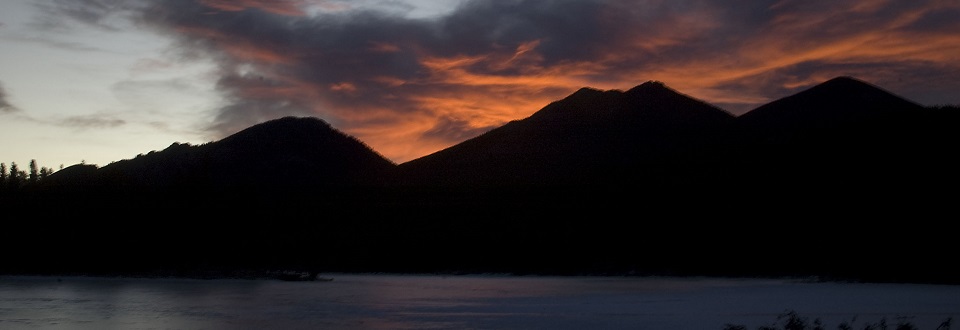
02 Dec The Three Experiences Every Volunteers Needs
Ray Davis was a volunteer I had the good fortune to know at the Oregon Field Office of The Nature Conservancy. By the time I met him, Ray had been volunteering for TNC for more than 30 years, and I don’t think there was anything he hadn’t done or wasn’t willing to do. Ray helped protect the iconic Cascade Head Preserve in Oregon. He built trails and led hikes. He raised money, distributed brochures, and licked stamps for the annual appeal letters. One day I had this idea for an ecosystem kids game that I could use at environmental fairs. Ray helped me build it and even had an idea of using recycled foam rubber to get the tension just right.
Among the things I’ve learned since I left Oregon, is that many organizations have volunteers like Ray Davis. The go anywhere, do anything, ever present when needed, never met a load he couldn’t carry jack-of-all-trades who always seems to be the first to sign up for any volunteer outing.
Where do they come from? And how can we help make sure they keep coming back?
Here’s what I think I know (This isn’t original, but I don’t remember where I got it): Volunteers have three experiences when they work for you, and all three should be positive to keep them coming back and inspiring others to do the same. Each event coordinator can influence these factors with a little forethought and organization. In other words, control everything you can control, because there will be plenty that you can’t.
- First, volunteers need a mission experience. They need to feel that their work is relevant and valued – that they made a difference. This has several important implications for you the volunteer organizer. At some point, early on in the volunteer experience, you need to help volunteers see the bigger picture. Name the goal and where we are related to it. Show or at least describe how the task at hand fits into that larger picture. And then follow-up after the event to let them know how well it turned out – how their work made a difference.
- Second, volunteers need a professional experience. When they show up, you need to be ready for them, probably having arrived yourself a half hour or more before them. Tools need to be laid out and/or fueled up. You should have enough materials to accomplish the job at hand. And the event should absolutely start on time and end on time.
- And third, volunteers need a social experience. They need to be with people they like and with whom they share values. Find some happy music. Creature comforts such as coffee and water, or lunches and snacks are plentiful. Give some thought to match-making when you pair people up. And in the every-once-in-a-while circumstance when you have to deal with a trouble-maker, do so quickly and behind a closed door. Not everyone who volunteers their time needs to be invited back. The others will appreciate your leadership.
Will taking care of these three experiences guarantee you a Ray Davis on every work crew? Probably not, but it will make it more likely that your volunteers will come back and keep coming back for months and years to come.
And here’s something else to think about: Your board directors are volunteers also. The same rules apply.
Ray Davis passed away in the early 2000s. The Oregon Chapter of The Nature Conservancy honors outstanding volunteers every year with the Ray C. Davis Volunteer of the Year Award.
Cheers,
-da
Photo Credit: Photo Courtesy of Walt Kaesler



Sorry, the comment form is closed at this time.